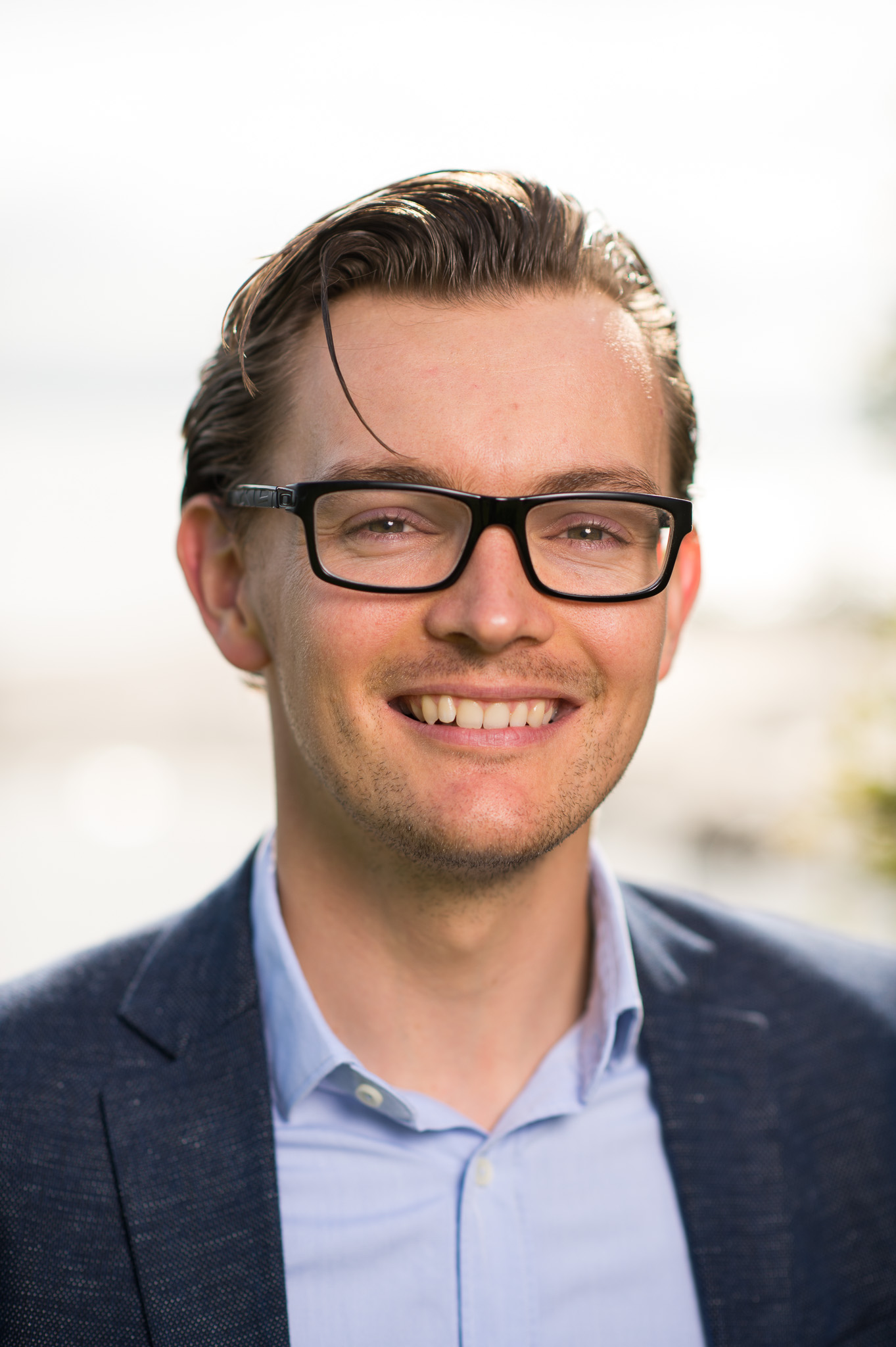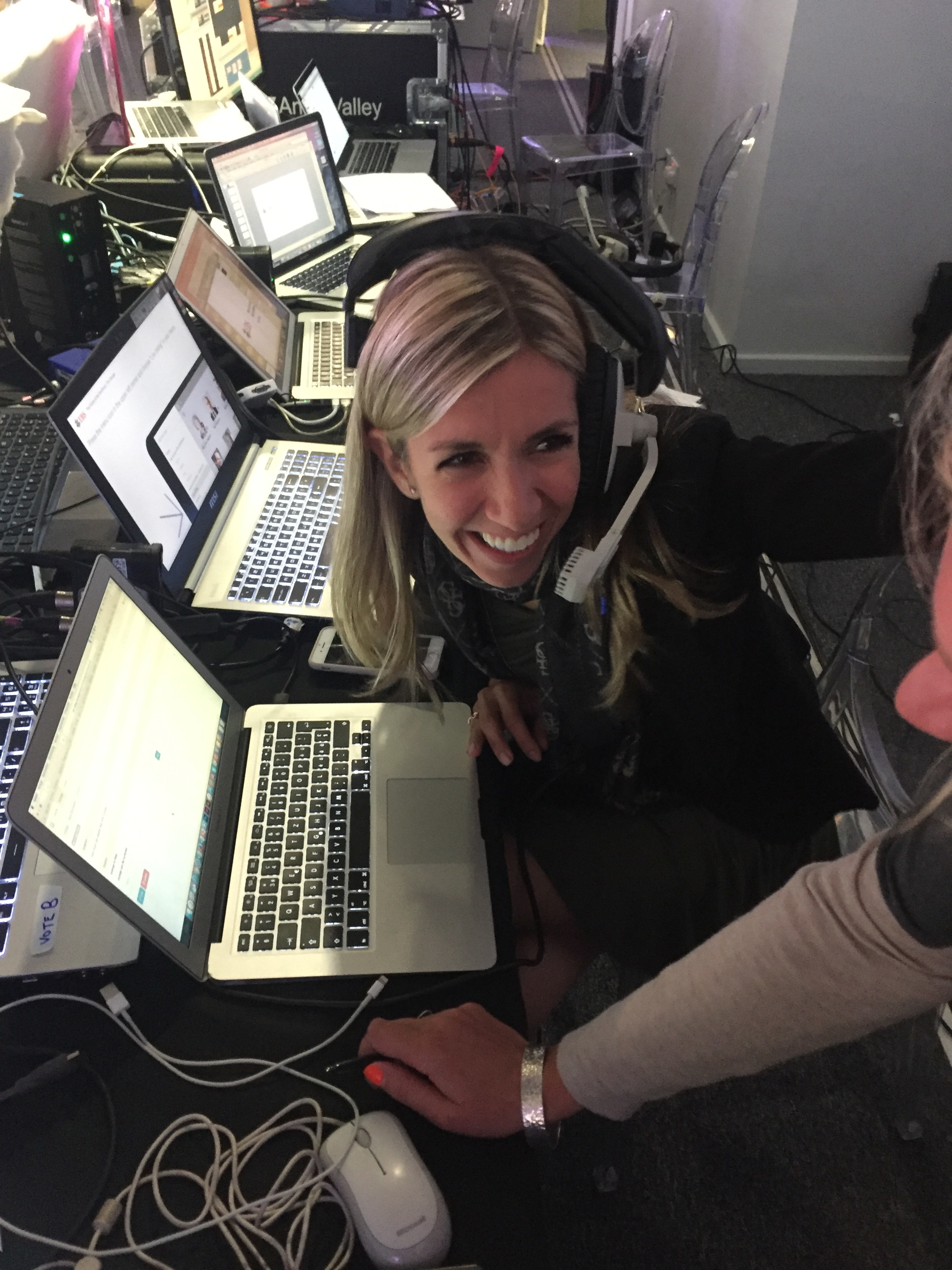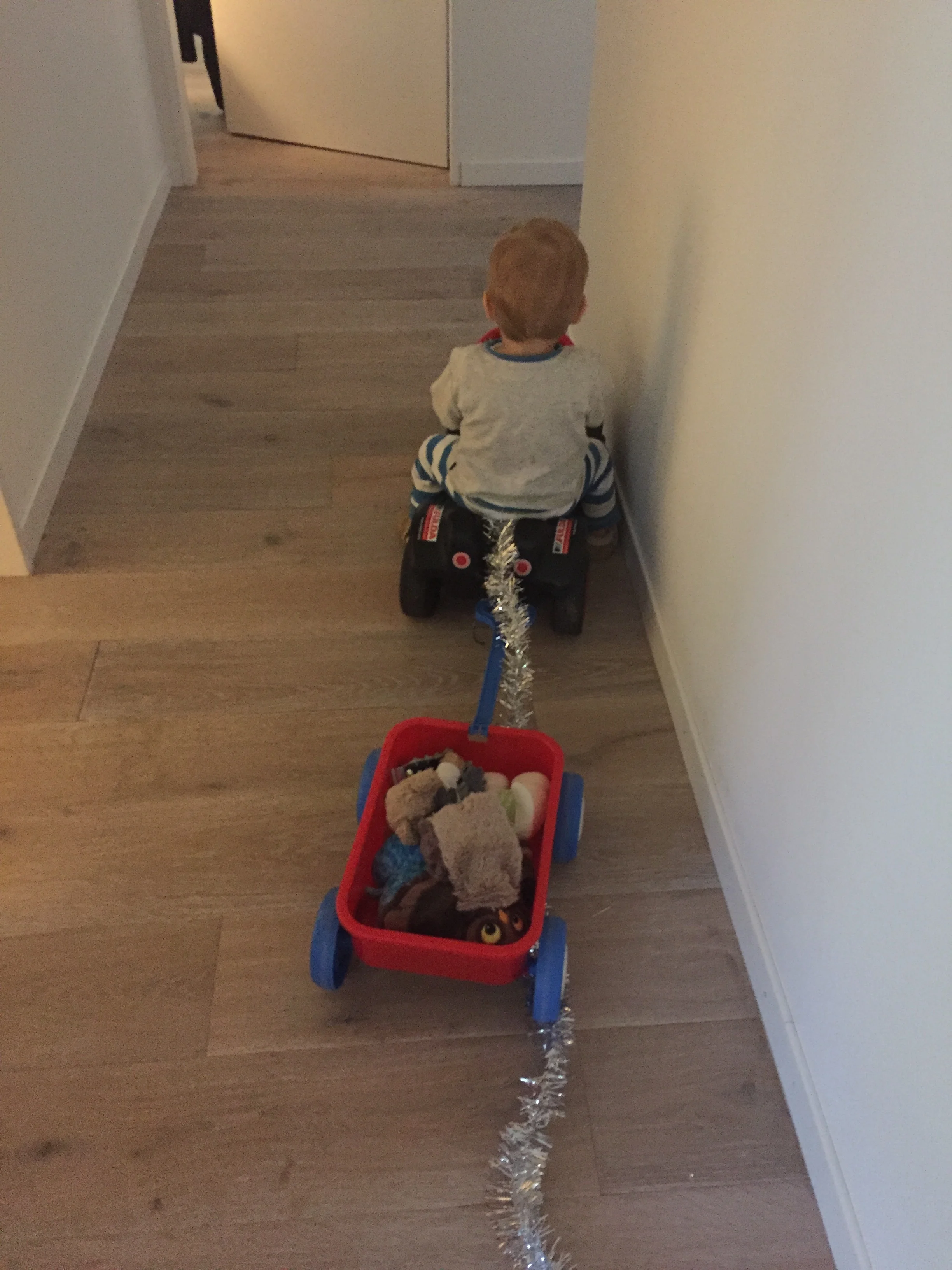Managing a demanding professional life and a busy private sphere takes energy. Never like in the past few years I have had to give some serious thought to how I manage energy and time, two of the most valuable assets we all own. I accepted that nobody can be 100% productive all day. As much as many of us wish to make the most of every minute, to get everything done, performing without break is just not humanly possible.
The notion of productivity is the ability to be able to do more in a smaller amount of time. Of all our available resources, everyone has the same number of hours in a day. Some, however, happen to get more done. Are they faster or smarter? Do they have more help? Perhaps. But they’ve also learned strategies that can help them stretch time and eliminate the unimportant.
I have found, especially in the past few months since starting my own firm, that concentration is like a muscle, it needs to rest to be able to function properly, and it can`t be overworked, or it will burn out and take time to heal. Finding how to turn up and down the dial that is our concentration is vital to make the most of our time, whether that is at work, at home, with our families or with ourselves.
I was only delighted when I was introduced to the work that James Hewitt, performance science is driving.
James will be presenting at the annual World Economic Forum in Davos next week, releasing new exclusive research and exploring how wellbeing is an essential resource for addressing the global challenges of our hyper-connected, yet fractured world.
Ahead of WEF, I have sat down with James to find out more about what drives and inspires one of the smartest and youngest minds of the Forum, and what we can learn from his work.
Q. James, can you tell us a bit about you and your work?
A. I’m fascinated with human performance, and exploring the limits of human potential. In particular, how the human body and mind have an incredible capacity to adapt, and grow, but also to create and solve seemingly impossible problems. I think my most dominant characteristic is ‘curiosity’. I’m always asking questions, I love learning, experimenting, trying to discover more about why and how things work in a systematic way, so science felt like a natural path for me.
Looking back, I think I was inspired pursue this path at an early age. I was born in the United Kingdom, but one of my first memories, when I was around 3 years-old, is from the time we spent living in the United States. It was during the ‘glory years’ of the Space Shuttle Programme, and I remember watching shuttle launches live on TV, and visiting the Space Centre, in Houston, Texas. There was a Saturn V on display: the same model of mighty rocket which sent humans to the moon. I stood, completely dwarfed by the five giant F-1 rocket engines, and had a sense of awe, and wonder that people, working together, had designed and created this machine. It gave me a sense of the almost limitless possibility, which has never really left me.
James Hewitt, Performance Scientist
Q. What does impact mean for you?
A. ‘Impact’ means doing the most good, with the biggest effect, in the short time we have available on this planet. I feel very strongly, based on a growing body of evidence, that many people are only scratching the surface of their potential, and are likely being held back by out-dated beliefs about what it takes to achieve and ‘be the best they can be’.
‘All-nighters’, sleep-deprivation, sacrificing well-being for more hours in the office, romanticizing ‘the grind’ and ‘the hustle’ are often associated with the highest output, and the greatest achievements. We may even hold people up on a pedestal for pursuing this way of living and working – “Just look at what they built! They are so successful!” - but it’s possible that the people who are working in this way achieved what they did despite, not because of these approaches, and perhaps they could have achieved more, or perhaps achieved the same outcomes, at a reduced personal cost, if they had looked after themselves, and nurtured a more creative, sustainable approach to high-performance.
Right now, I’m trying to contribute to exploring these ideas through my research, and working with organisations to find new ways of working, which enable knowledge workers to manage their well-being and performance more effectively, so that they can realise more of their potential.
I aim to achieve this impact by addressing the four questions associated with my main research project:
1. How do knowledge workers’ lifestyle & work patterns influence their well-being and performance?
2. How does the digitally disrupted work context influence this relationship?
3. To what extent can digital tools enhance wellbeing and performance in knowledge workers?
4. Are their differences in how people respond to these digital tools, and can we measure that difference to predict the response?
The reality is that we don’t really have much quality data to help us to answer these questions, yet.
Q. What drives you?
A. I have a clear sense of purpose, that drives a lot of my decision making; How can I equip and inspire people to realise more of their potential? Today, this is expressed through my research and work with individuals and organisations, in sport and business, from Formula 1 drivers to Fortune 500 companies. However, I spent a long time dedicated, in quite a selfish way, to my own performance and potential, before I pivoted into the space I work in now.
As a teenager and up to my mid-20’s, I was trying to become a professional-cyclist. I started racing at a young age, but my cycling career truly began at the age of 19 when I moved to France. I crossed the Channel from my home in England with a suitcase, a contract with a small regional French team, and a dream.
I worked hard, analysing everything I could about my performance in order to improve it, and managed to move up from regional to elite level in a couple of years. I secured a contract with an Elite Espoir team, which allowed me to race and train full-time. The team was also associated with a professional senior team. We received some of their bikes from the previous season, wore the same design of shorts as the real ‘pros’, and it was a credible path to a professional cycling career.
However, as my career progressed, I realised I was working much harder, and more professionally than many of the people around me, but I just wasn’t getting the results. I had to be honest with myself, that I probably wasn’t going to reach the top of the sport. Also, when I looked deep-down, in truth I enjoyed the process of analysing, testing, training and experimenting to improve my performance, more than I did the actual racing.
I made the decision to ‘retire’, and returned to the UK to complete my undergraduate degree in Sports Science, which provided an academic framework, enabling me to explore human potential, and continue to ask the question: “what does it take to be the best we can be?”
Q. There is a large debate going on around the future of work, talent retention and millennials' values. What do you think the future holds for old school organizations?
A. The future of work is one of my primary areas of interest, and how workplaces need to adapt, to attract and retain top talent, is a key question. The future will be both automated and augmented. Some roles will be entirely supplanted. Many will be replaced in part. Even today, complex capabilities once considered too difficult to automate can now be performed by machines. However, I’m convinced that the future of work will be more ‘human’, at least in relation to the high-income, cognitively demanding and creative jobs, where employment is likely to grow. What can be automated will be. What can not, will become increasingly valuable.
Up to 20% of a senior executive’s role could be automated, according to some studies, but this technology will also likely be assistive and enhancing, facilitating deeper insights, better decision making and multiplied output. Work may become less stressful, as machines help us to manage information flows more effectively, releasing us to focus on creativity, collaboration and complex problem solving. However, this kind of thinking and working is best achieved by well-rested, focused, purpose-driven brains, and diverse teams, who can compensate for each other’s biases, and enhance each other’s strengths.
Organisations need to prepare for the growth in importance of non-routine work, produced by employees (and likely increasing numbers of free-lancers), who sleep well, eat healthily, exercise regularly, perhaps don’t follow traditional working hours and need to feel a deeper sense of purpose and vision for their work, to perform at their best.
The days of looking for a ‘cookie-cutter’ archetype to fill rigidly defined job-roles will likely come to an end in many knowledge-intensive industries. Inclusive and diverse organisations are more likely to thrive in the future of work. The multiplicity of thought, agility and effective approaches to collaboration, essential in organisations which encompass people from many different backgrounds, are more likely to propagate novel, harder to replicate solutions, differentiating individuals and companies from the commoditised, automated systems, which will operate vast proportions of many businesses.
Q. This year, in your contribution at the annual World Economic Forum in Davos, you will be addressing a topic of increasing importance in today`s world: technology, epidemics of distraction, “always on” culture and productivity. Can you tell us a bit more about that?
A. Absolutely. The World Economic Forum Annual meeting has a challenging theme this year: creating a shared future in a fractured world. In a 2-hour session, we’ll be exploring how wellbeing is an essential resource for addressing the global challenges of our hyper-connected, yet fractured world, how many leaders feel that they are not in control, and that their wellbeing is sacrificed in pursuit of performance, or even simply to survive.
Leaders are bombarded with information. Short-term signals trigger cognitive rewards, feel valuable and important, hijacking cognitive control & preventing us from achieving our most important goals. The average CEO receives 250 e-mails per day. Many check their smartphone within 15 minutes of waking and multi-task throughout their conscious hours. The people who need to pay attention the most are often the most distracted, and the people who need to focus are too frequently the most fatigued.
Our contemporary approaches to life and work encourage this relentless, fragmented pattern of working and living, and it’s unsustainable, weakens decision-making, diminishes health, restricts potential and may contribute to the cracks we see emerging in ourselves, our organisations, and beyond.
The session’s aim is to inspire and equip leaders to find new ways to manage wellbeing and performance, creating a culture of wellbeing that cascades down their organisations, and beyond. We argue that this starts with themselves, and begins by finding more opportunities to take a step-back, and give their brains a chance to avoid the ‘cognitive hijacks’ that so frequently disrupt us.
Q. I hear of another incredibly interesting experiment you will be running on Davos` guests this year, scanning brain signals in real time, measuring and recording the collective intelligence of some of the world`s greatest minds. What do you expect to find? Will Davos brains really be any different to the cognitive set-up of ordinary mortals?
Manuela Andaloro testing the “DavosBrains” headset. Davos, January 2018
A. Yes, we’ll be running an experiment called ‘DavosBrains’. The concept was a collaborative effort that first emerged during a conversation with Olivier Oullier. Olivier is a neuroscientist, President of neuroinformatics company ‘EMOTIV’ and a Hintsa Science Board member. We were talking about some of the themes in my PhD, which explores the wellbeing and performance of knowledge workers, and involves measuring their cognitive performance. We began speculating about the cognitive capabilities of high-performers in business, and whether top-executives had better cognitive performance, in domains such as sustained attention, for example, or perhaps it was worse, due to all the switching and attempts at multi-tasking.
We designed an experiment, based on a cognitive test called ‘Rapid Visual Information Processing’, which is a sensitive assessment of cognitive function, including sustained attention. During the test, we’re using some brief survey methods to assess wellbeing, combined with the cognitive test, and an EMOTIV neuroheadset, which will record and visualize brain activity in real-time.
As a ‘good scientist’, I’m backing the ‘null hypothesis’: that there is no difference in the cognitive capabilities of senior-executives, relative to a normal population, but perhaps we’ll find something cool! Whatever the case, it will be a fun and interesting experience for the participants, as they will get to see a 3D rotating model of their brain activity, rendered in real time, and have the opportunity to save and record a short video of their brain activity, to keep or share with their friends. It’s up to them whether they want to disclose the results of the cognitive tests, once they receive those!
Thank you James, and I look forward to seeing such a cool experiment in action in Davos!
M.
(info@smartbizhub.com)
#DavosBrains is a unique initiative, co-hosted by Hintsa Performance, ConsenSys & EMOTIV for guests attending the World Economic Forum this year. Further information available from 23 January here www.bit.ly/davos-brains.












